MPs are back at Parliament after a week off which gave them time in their electorates or on diplomatic missions overseas.
Today they'll continue debating Budget 2019 which has about 13 hours left to go and proving they can do things quickly there will also be a couple of bills without any debate at all.
MPs work through business on an Order Paper which is arranged by the Leader of the House each sitting day but sometimes the order changes; below is what the House will likely work through.
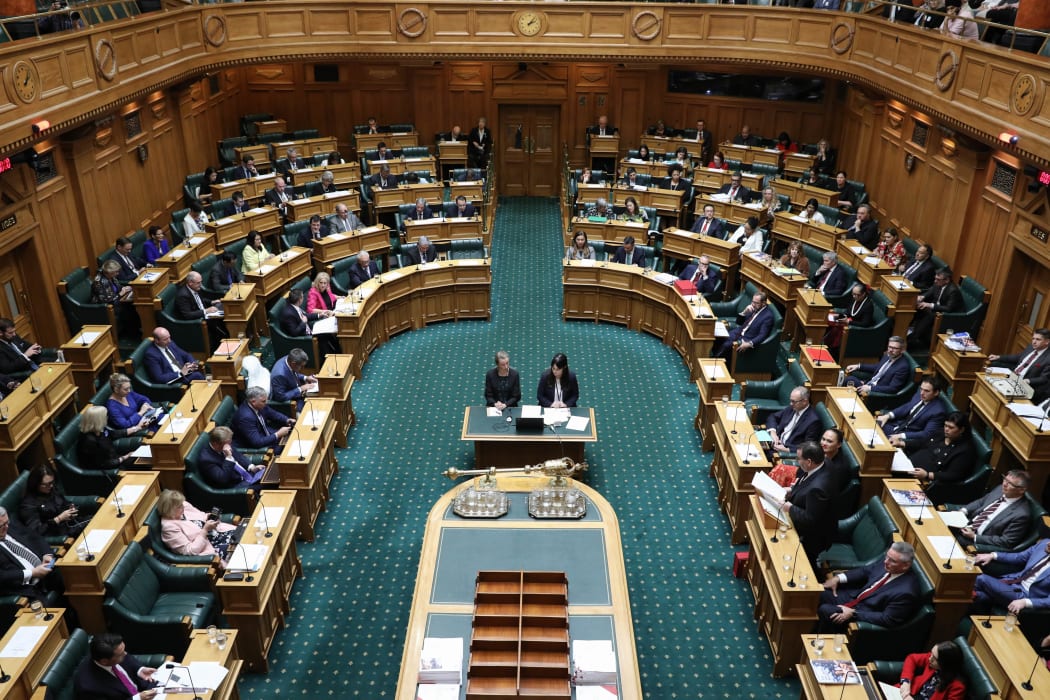
Photo: VNP / Phil Smith
Questions - 2pm
Each sitting day after the prayer and introduction of bills, petitions, and reports, the House moves into Question time.
It’s about an hour of questions to Ministers (up to 12) from all the other MPs (who aren’t ministers) in the House.
It’s meant to be an opportunity to hold the Government to account by quizzing them on topics like recent policy announcements, money spent, things they’ve said and things they’ve done.
MPs from Government parties often ask patsy questions which are softer questions so a Minister can boast about what they’ve done.
Follow-up questions (supplementaries) are commonplace but are ultimately at the discretion of the Speaker who can remove and award them as they like.
Parliament’s cybersecurity - considering a report
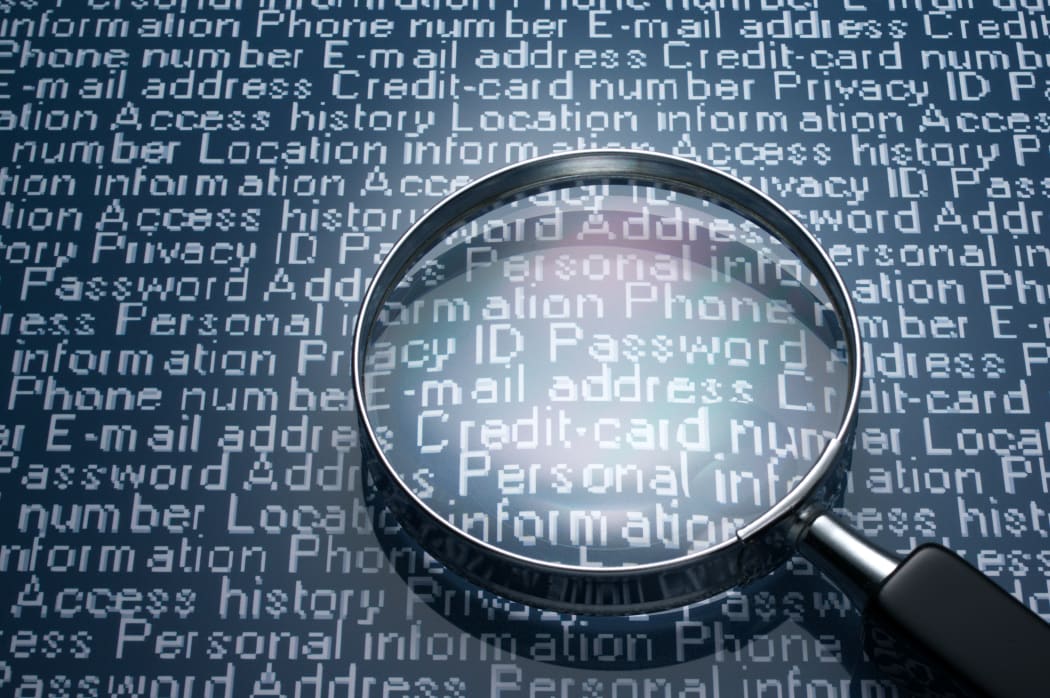
Photo: 123RF
What:
-
A report on the Question of privilege on cybersecurity and the parliamentary precincts
-
Last November the Speaker Trevor Mallard asked the Privileges Committee a ‘general question of privilege’ about the impact that upping Parliament’s cybersecurity would have the every day work done by staff at Parliament including access to privilege information.
-
The Committee met with officials to discuss threats and how potential security measures would work in reality. Its report back to the House said it is satisfied that the balance between cybersecurity measures and parliamentary privilege is being taken into account.
-
The reports says an advisory board chaired by the Speaker will provide oversight of cybersecurity arrangements and events. Members will be appointed by the House.
More Budget - second reading cont'd

Photo: VNP / Daniela Maoate-Cox
What:
-
The Budget Debate a.k.a. The Appropriation (2019/20 Estimates) Bill
-
A wide-ranging debate over the Government’s spending proposals for 2019-2020.
-
There are 13 hours 38 minutes remaining on this debate but today the House will likely spend about three to four hours on it.
-
This debate can take up to 15 hours and started last week with the big guns, the Finance Minister, Leader of the Opposition, Prime Minister and other party leaders. After that, the other MPs get to speak (up to 10min). That’s where we’re up to now.
Why:
-
Running a country requires money but Parliament has to tick off how taxpayer money will be spent. That’s what this bill is for.
-
Budget votes are also confidence votes, if the budget doesn’t pass, then it means the Government doesn’t have the confidence of the House and they have to do a walk of shame to the Governor General to tell them they can’t run the country anymore.
All in favour?
-
Nope. The Opposition will vote against it because no money means the Government can’t do anything. But the Government parties have a majority in the House so the Budget bill is unlikely to fail.
Who:
-
The Finance Minister Grant Robertson.
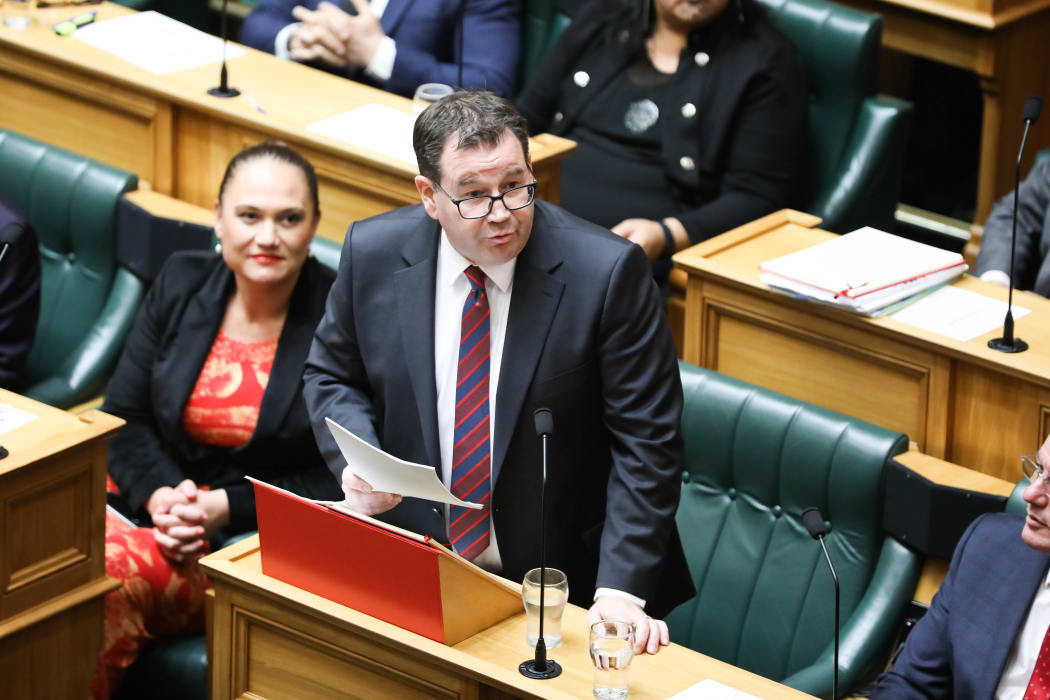
Minister of Finance Grant Robertson Photo: VNP / Daniela Maoate-Cox
Tidying up last year’s spending - first reading
What:
-
The Appropriation (2019/19 Supplementary Estimates) Bill
-
Parliament is simultaneously looking backwards and forwards at money spent. This bill makes some changes to last year’s budget to adjust what was estimated to what was actually spent.
-
No debate on this one so it will be dealt with quickly.
From servant to employee - first reading

Photo: 123 RF
What:
-
This is a revision bill which will re-enact, in an up-to-date and accessible form, the Partnership Act 1908 which is all about business partnerships.
-
The Bill will modernise the Act by changing some language like “thereto”, “therein” and in one instance, change “servant” to “employee”. The bill does not make any policy changes but will fix some minor inconsistencies, anomalies, discrepancies, and omissions in the Act.
-
No debate on this one either so it’ll be done quickly.
Who:
-
The Attorney-General and Minister for Economic Development, Trade and Export Growth David Parker.
17 years young - second reading
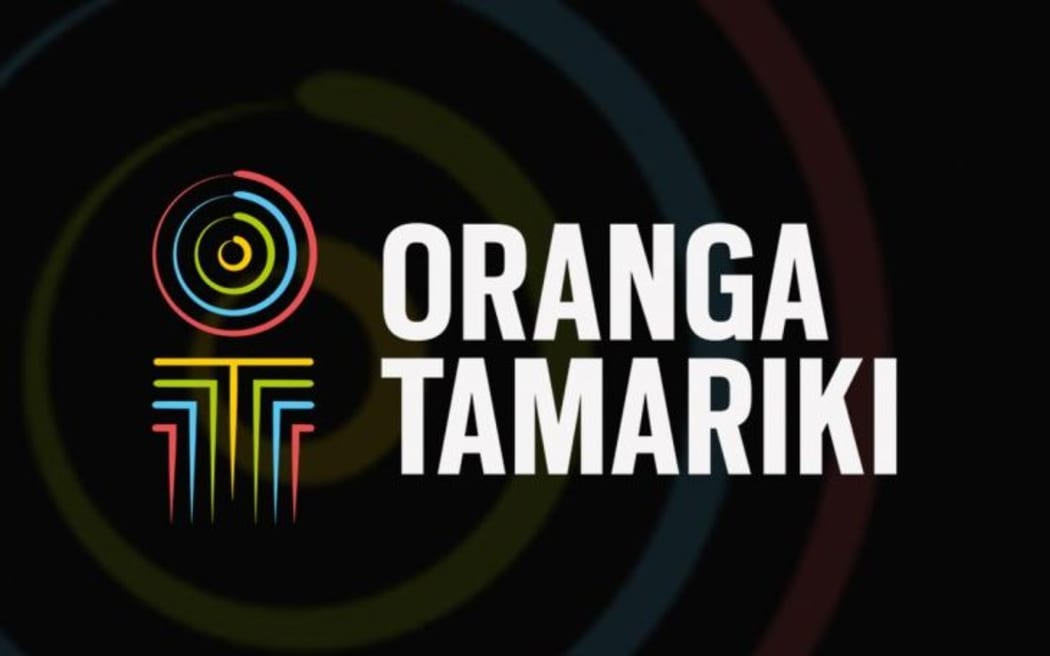
Photo: Oranga Tamariki
What:
-
The bill will tweak legislation to make sure 17 year olds are included in Youth Justice policy.
-
It will also correct some drafting errors like “ broad provisions relating to interim court orders.”
-
It’s an omnibus bill which means it affects more than one Act. This bill will amend 12 pieces of legislation
Who:
-
Minister for Children Tracey Martin
All in favour?
-
Not at its first reading. New Zealand Labour, New Zealand First, and the Green Party of Aotearoa New Zealand voted in favour. New Zealand National and Jamie-Lee Ross voted no.
House adjourns - 10pm
The House sits from 2pm on scheduled sitting days with a dinner break at 6pm till 7:30pm on Tuesdays and Wednesdays. It then resumes sitting until 10pm.
You can see how much the House gets done each sitting day by going here: Daily progress in the House
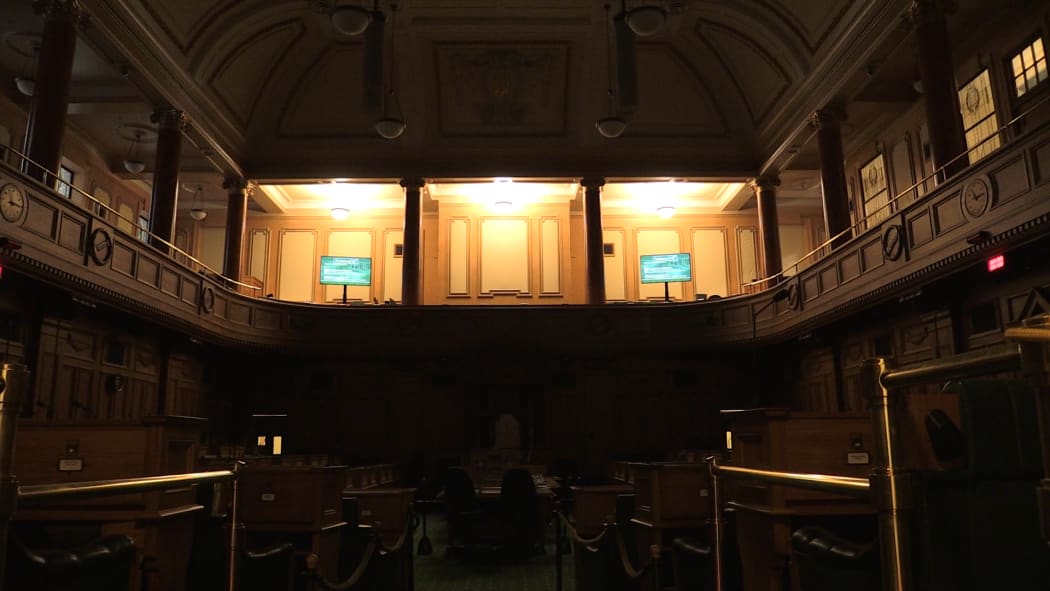
Photo: New Zealand Parliament


